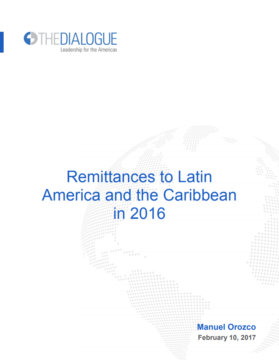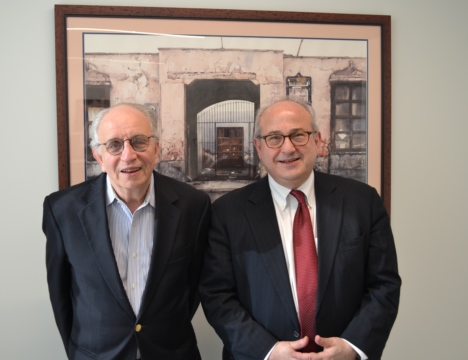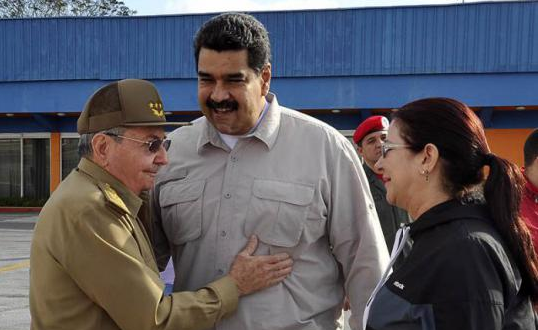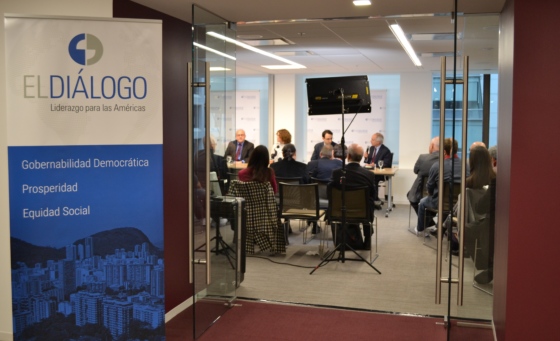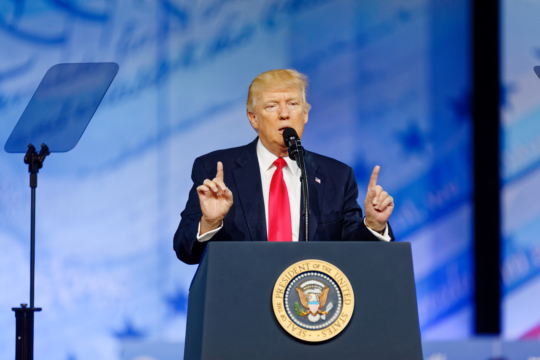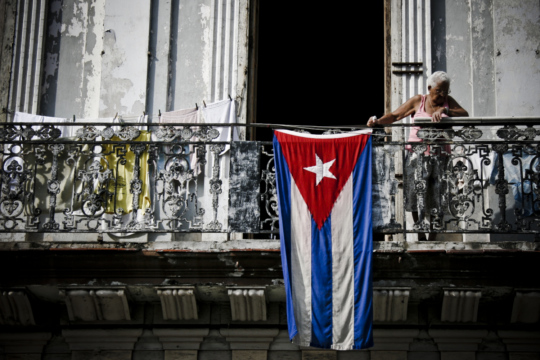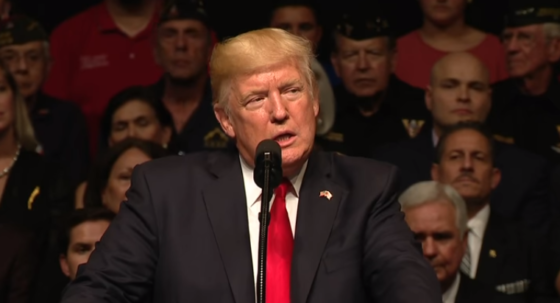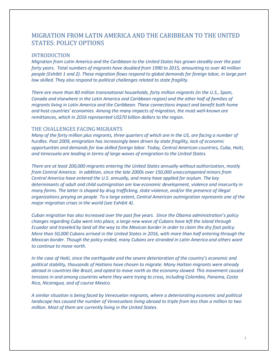The Catholic Church and Economic and Political Change in Cuba
On April 25, the Inter-American Dialogue hosted a conversation on the Cuba’s evolving political and economic situation and how the Catholic Church views its role in the country.
On April 25, the Inter-American Dialogue hosted a conversation on the Cuba’s evolving political and economic situation and how the Catholic Church views its role in the country.
Wide ranging analysis of the bilateral relationship between Cuba and Venezuela, examining the domestic political implications for both countries, the impact on hemispheric affairs, and the significance for U.S. policy in Latin America.
By all accounts, Spain wants to bring change to the European Union’s Cuba policy. In so doing, it is tackling a foreign policy challenge that often sheds more heat than light.
Last month’s CELAC meeting was a celebration of the single point of consensus among its members: their opposition to US policies.
Will Cuba be able to safely regulate its oil industry?
US-Cuba relations have been troublesome since the Cuban Revolution brought Castro to power.
In 2016, the flow of remittances to Latin America and the Caribbean surpassed US $70 billion. In the 20 countries for which there is data available, the flow reached US$69 billion. This increase demonstrates continued growth since the post-recession period. In this article, we find a range of factors shaping this growth,
Cuba atravesará el umbral del año 2018 con grandes desafíos por resolver. El país demanda un renovado, o nuevo, pacto social.
Cuba Posible entrevista a Peter Hakim y Michael Shifter en conjunto para conversar sobre la integración latinoamericana y las relaciones “Norte-Sur”.
Since late President Hugo Chávez took power in Venezuela in 1999, the Andean nation and Cuba have had close ties. Those ties have included Venezuela sending oil to Cuba on preferential terms and Cuba sending doctors and other professionals to Venezuela. Venezuela, however, is now beset by political and economic crisis, including skyrocketing inflation, shortages of food and basic goods, and recent deadly protests. In which ways does Cuba still rely on Venezuela, and how important is that support to the island nation?
In the early 1980s, when the Inter-American Dialogue was born, the U.S. was actively supporting right-wing governments from El Salvador to Nicaragua. There were “tremendous misunderstandings between Latin America and the United States,” says Michael Shifter, longtime president of the D.C.-based think tank. These days, it seems those tremendous misunderstandings have returned with a vengeance, making the Dialogue’s work even more relevant.
En esta entrevista radiofónica con Luis Montes para WLIE 540 AM, Michael Shifter analiza el presupuesto del gobierno de Trump y su impacto en la región, lo que podemos anticipar sobre las políticas de Estados Unidos hacia Cuba, y el rol de distintos actores en la crisis de Venezuela.
Michael Shifter, presidente de Diálogo Interamericano, considera desafortunado el cambio de política del presidente estadounidense, Donald Trump, hacia Cuba, aunque le parece positivo que las relaciones entre los dos países se mantengan.
U.S. President Donald Trump on Friday announced a rollback of some parts of former President Barack Obama’s thaw with Cuba by expressly prohibiting tourist travel to the island, restating the importance of the U.S. embargo with Cuba and banning Americans from conducting financial transactions with companies under the control of Cuba’s military. What is the significance of the changes for Americans and for U.S. businesses?
Migration from Latin America and the Caribbean to the United States has grown steadily over the past forty years. In addition to leaving their countries amidst political and economic hardship, the vast majority of these migrants face additional challenges to their legal status. One way to look for solutions is to consider a comprehensive approach to migration through recruitment, retention, return, relief and reform.
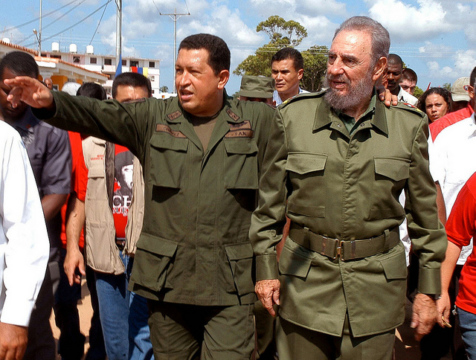
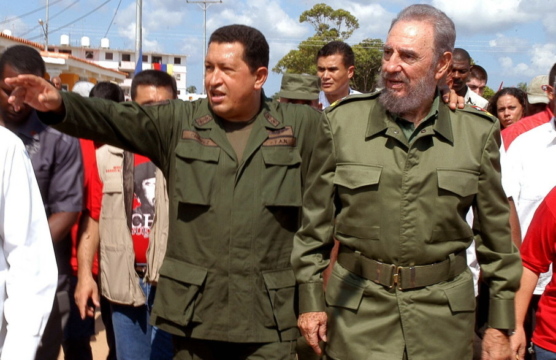
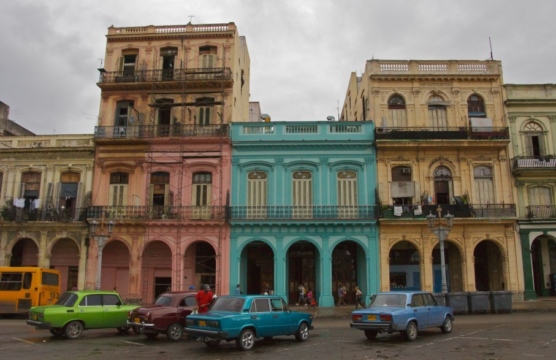 Video
Video
